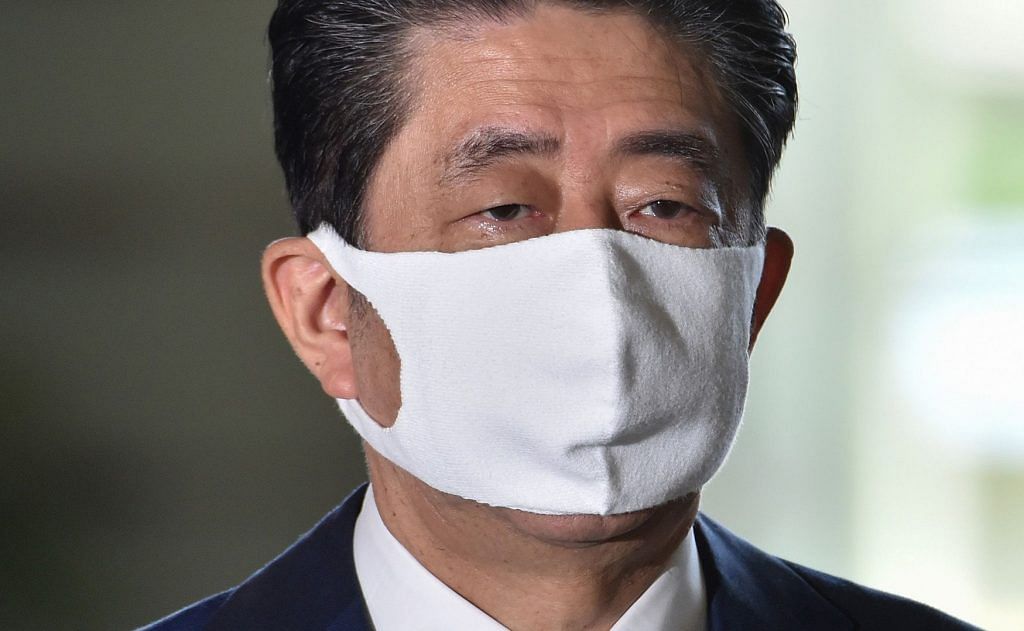Abe will reportedly announce the resignation at a 3 pm meeting of his ruling Liberal Democratic Party, ending his run as the country’s longest serving premier.
Bloomberg: Japanese Prime Minister Shinzo Abe plans to resign due to health reasons, ending his run as the country’s longest serving premier, local media including NHK reported.
Abe will announce the resignation at a 3 p.m. meeting of his ruling Liberal Democratic Party, Kyodo News reported. He had been scheduled to give a news conference at 5 p.m. Friday in which he planned to discuss his health.
No one was immediately available for comment at his office, and a senior official told NHK that he didn’t know the prime minister would step down.
Japan’s Topix index dropped as much as 1.6% on the sudden announcement, while the yen rebounded from losses following the report.
The 65-year-old prime minister has visited Keio University Hospital twice in the past two weeks, telling reporters that he was undergoing tests to maintain his health. Although the government has provided few details, domestic media have said he was actually undergoing treatment for ulcerative colitis, a chronic digestive condition that forced him to step down as premier in 2007.
It was uncertain who could take over. Chief Cabinet Secretary Yoshihide Suga has served as Abe’s right hand man since taking the post in 2012. Suga is a continuity candidate who could be tapped as a caretaker if the premier steps down suddenly.
Finance Minister Taro Aso also serves as deputy prime minister and could step in. Aso is part of Abe’s inner circle and served an unsuccessful year in the post of prime minster in 2008-2009, at the end of which the opposition Democratic Party scored a landslide election victory over the LDP.
Shigeru Ishiba, a former defense minister, is the voters’ top choice to take over. He has backed economic policies seen as more populist than Abe’s and said in an interview in April that too much wealth was accumulating in the hands of stockholders and company owners.
Abe swept to office for the second time in 2012, touting new plans to revive the flagging economy through unprecedented monetary easing and regulatory reform that was eventually labeled “Abenomics.” He has been seen as a steady hand who has consolidated power during his record run and been able to overcome scandals, including one that came to light in 2017 over questionable government land allocations for schools provided to associates of Abe and his wife Akie.
-With assistance from Sophie Jackman and Jon Herskovitz. –Bloomberg
